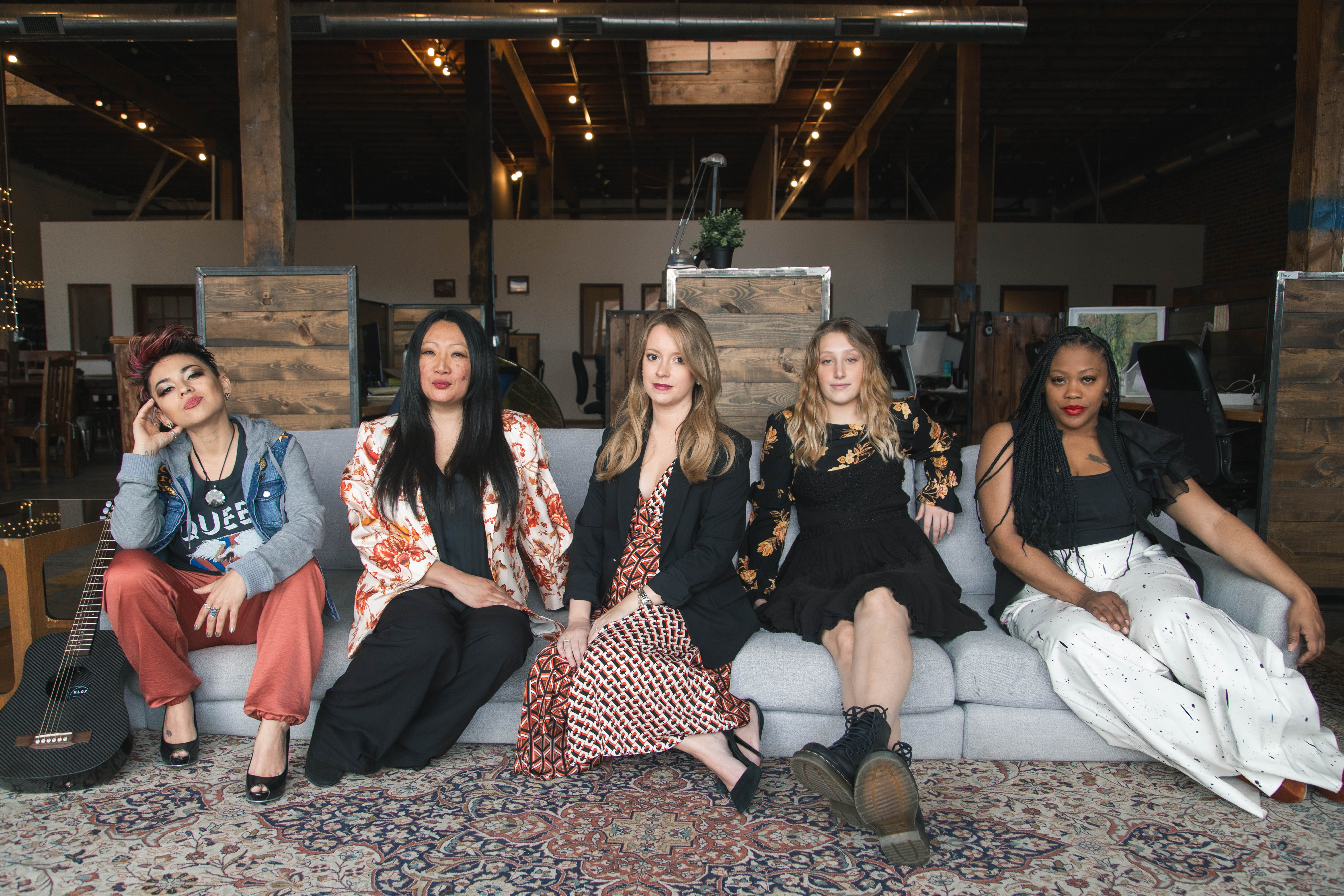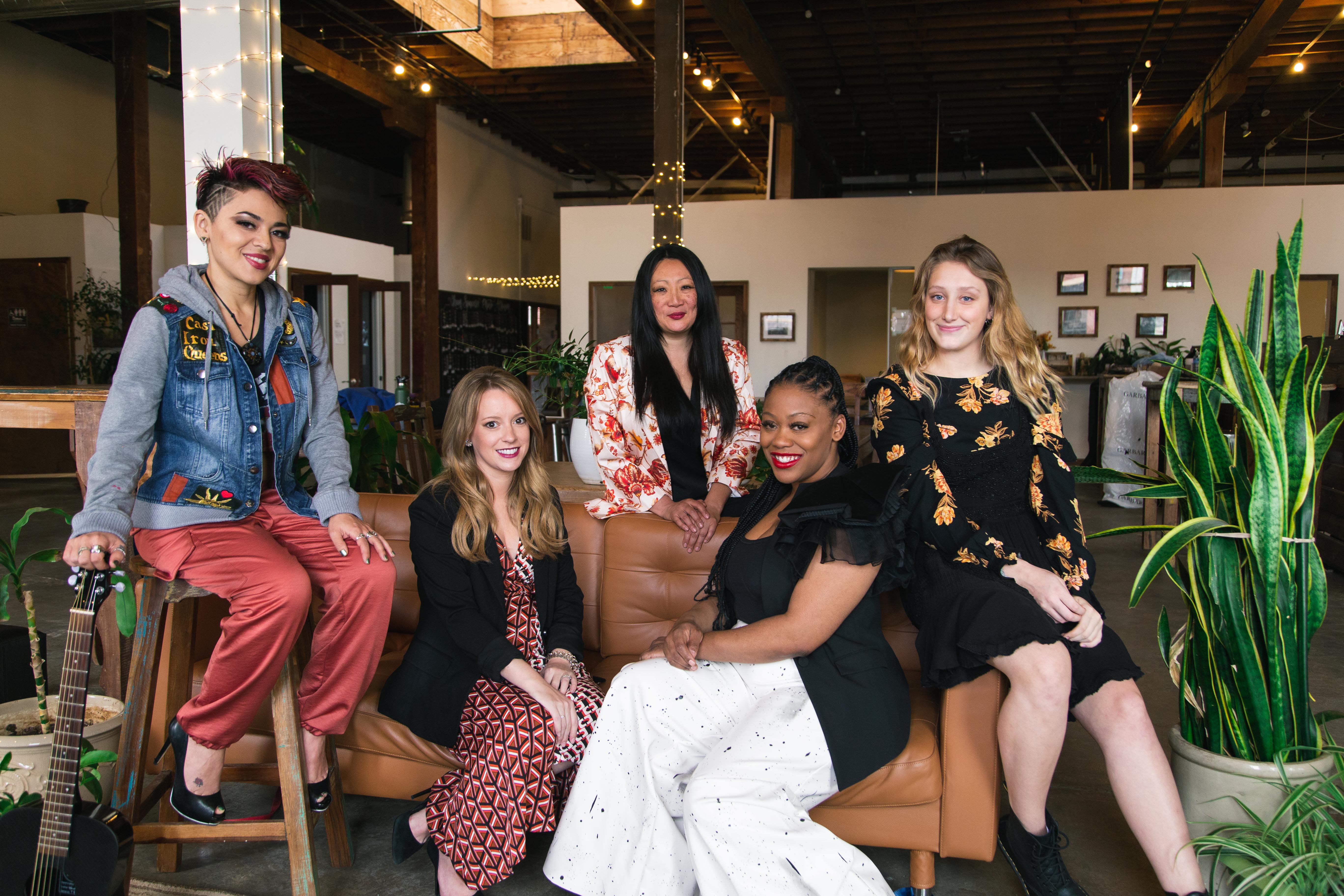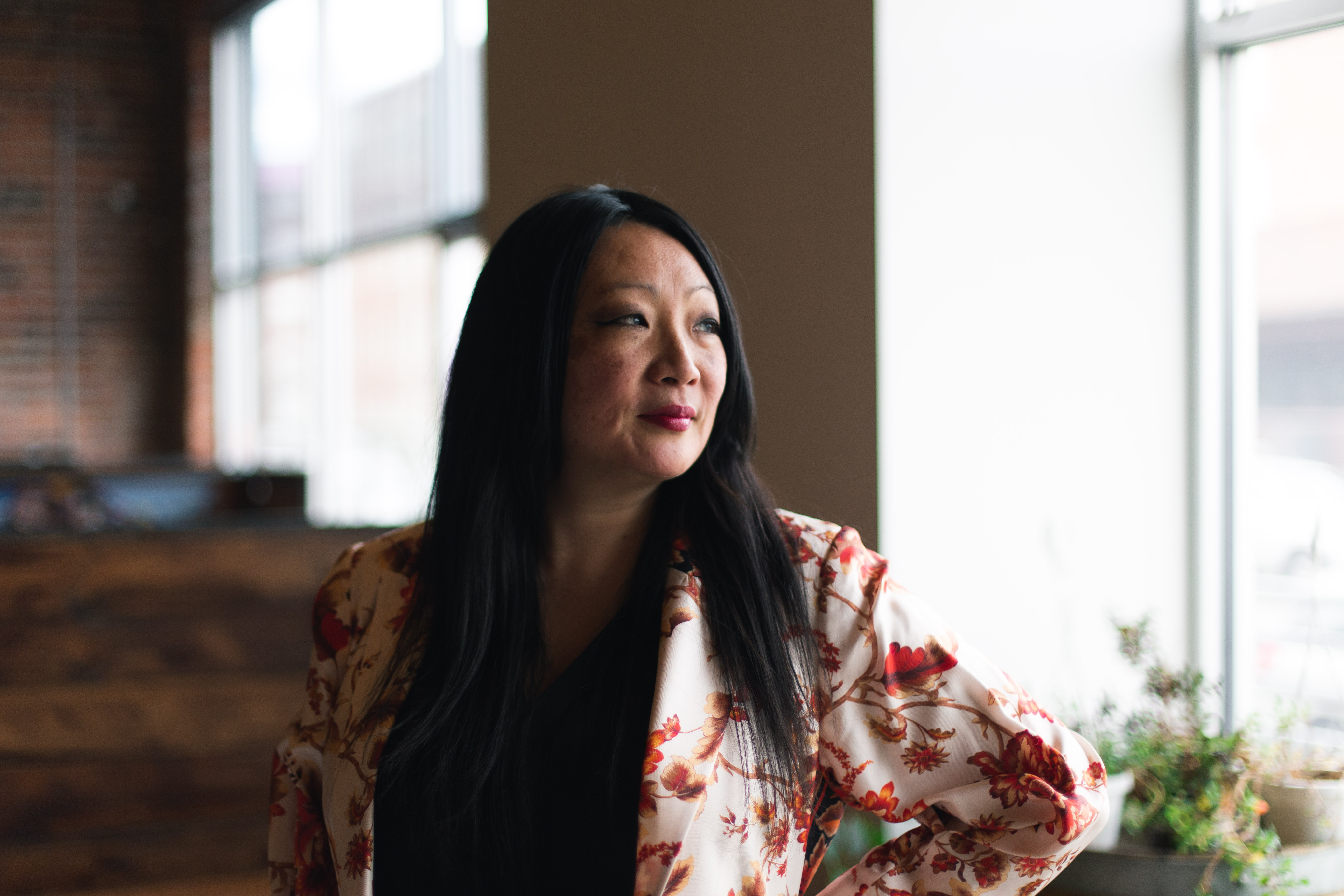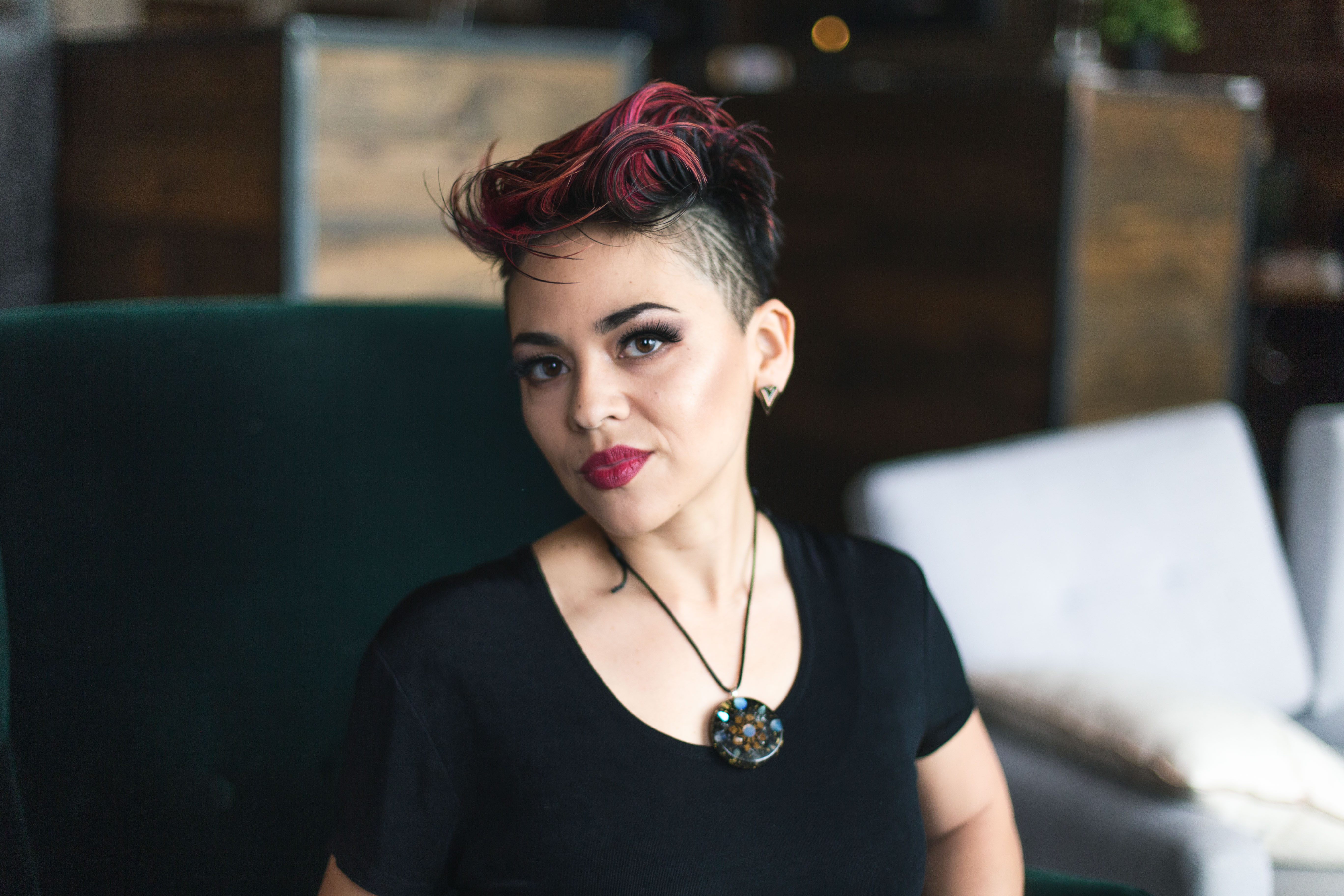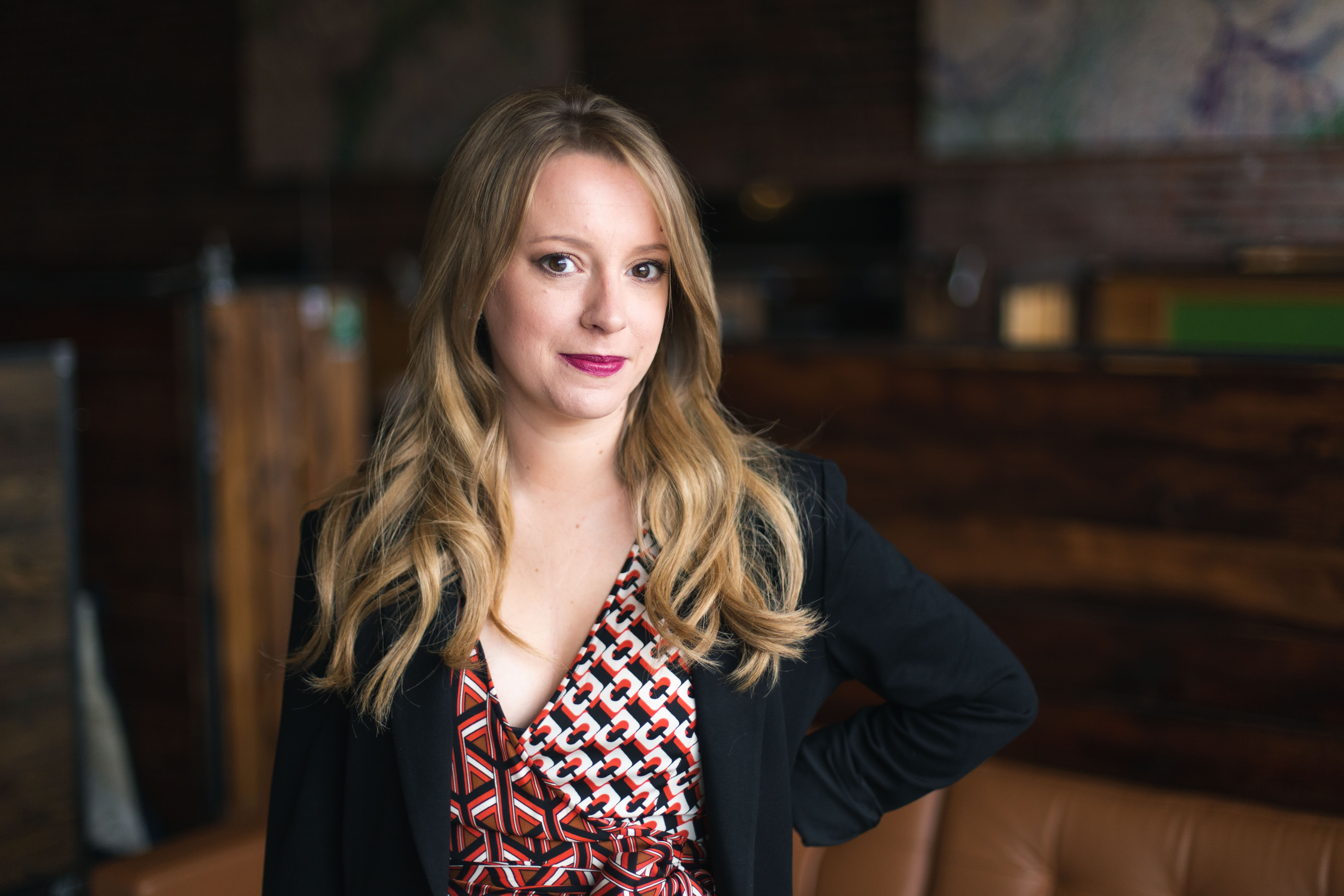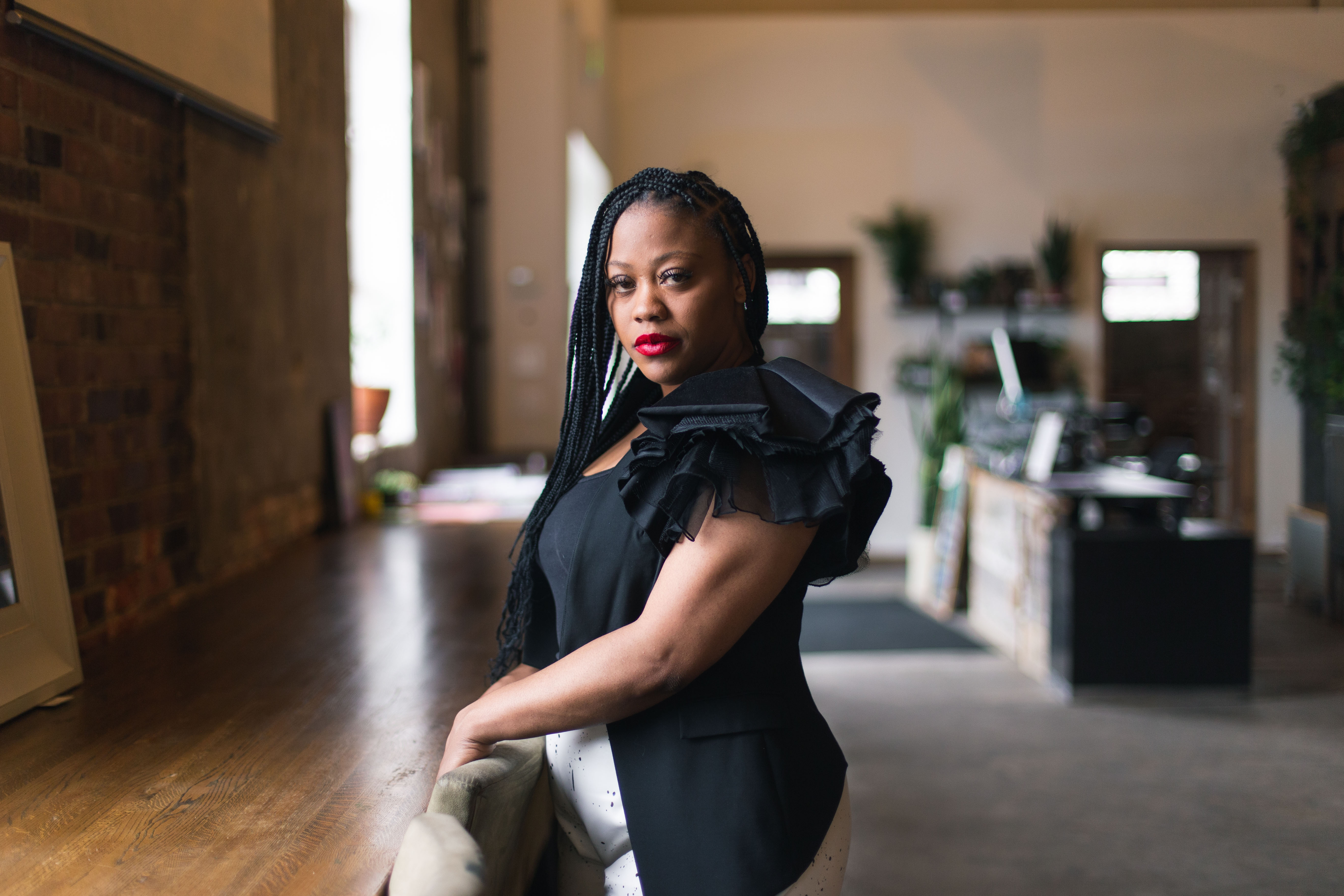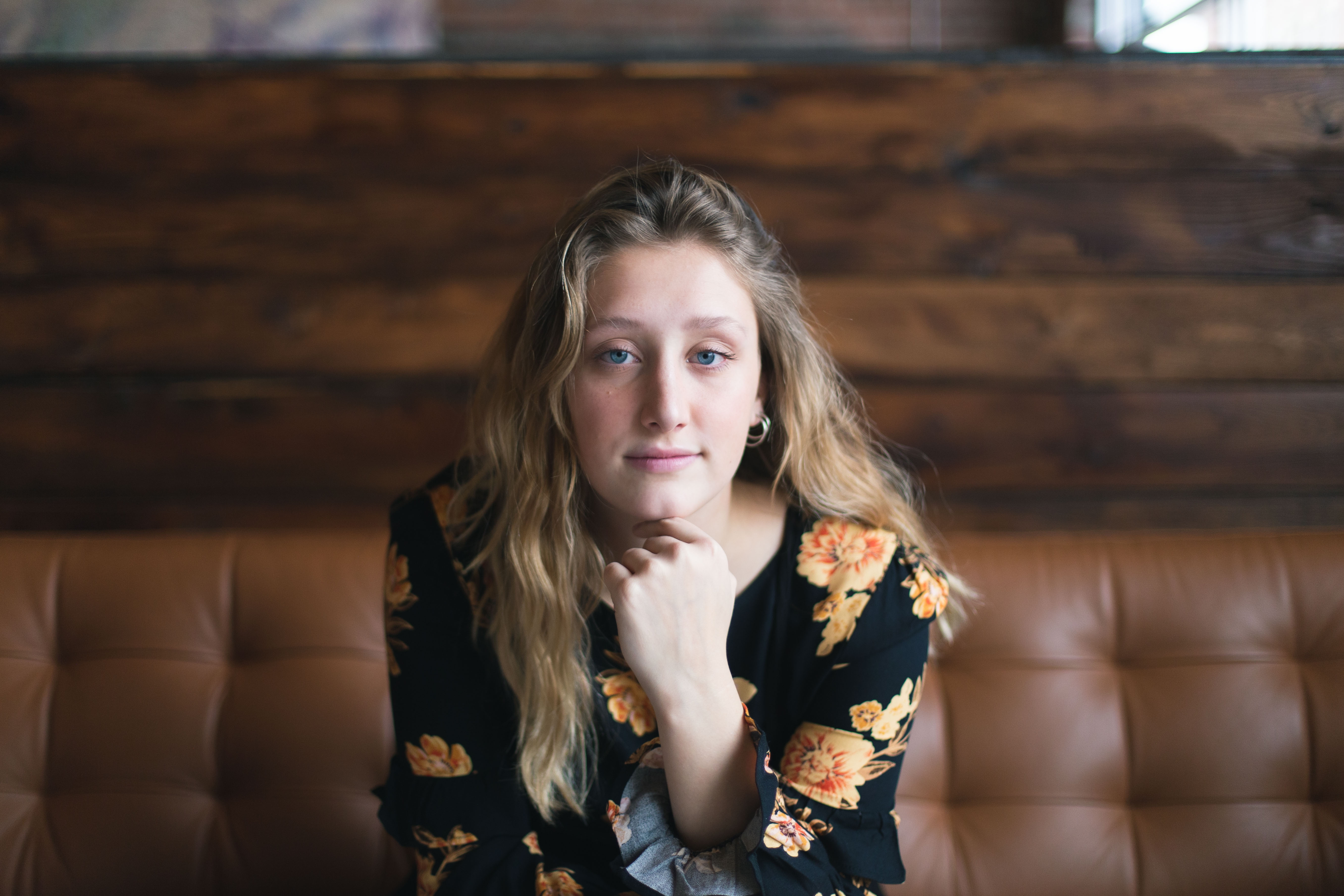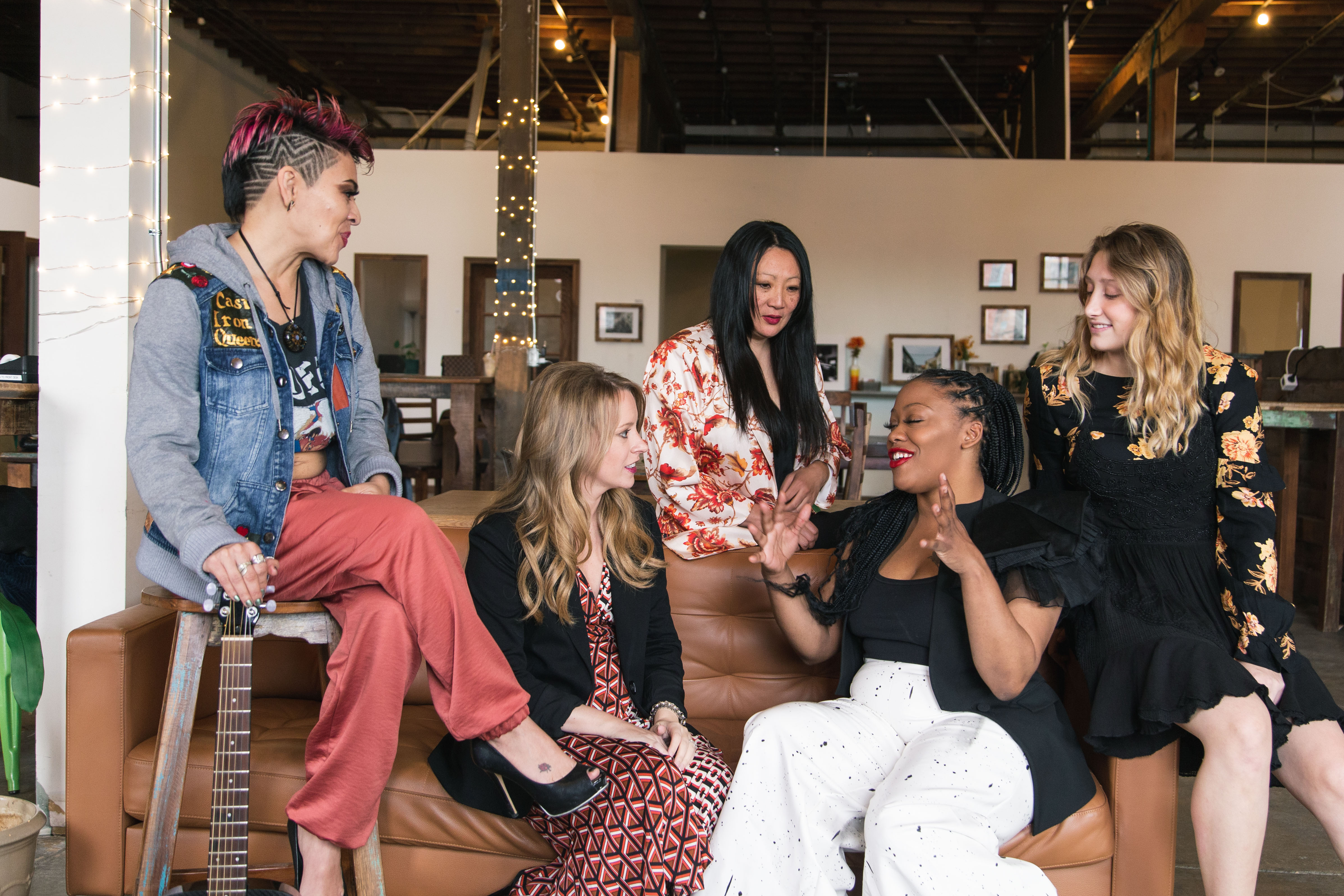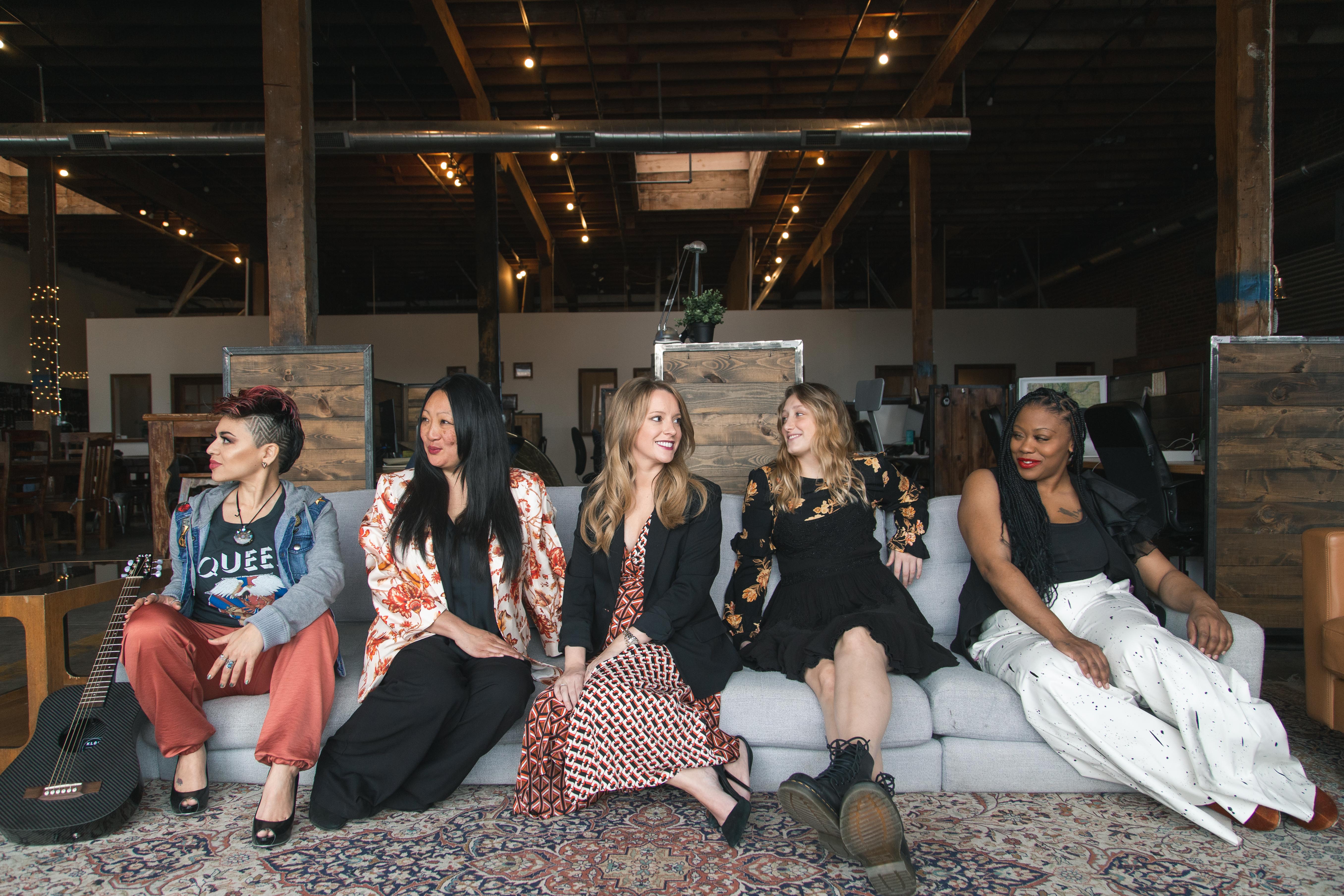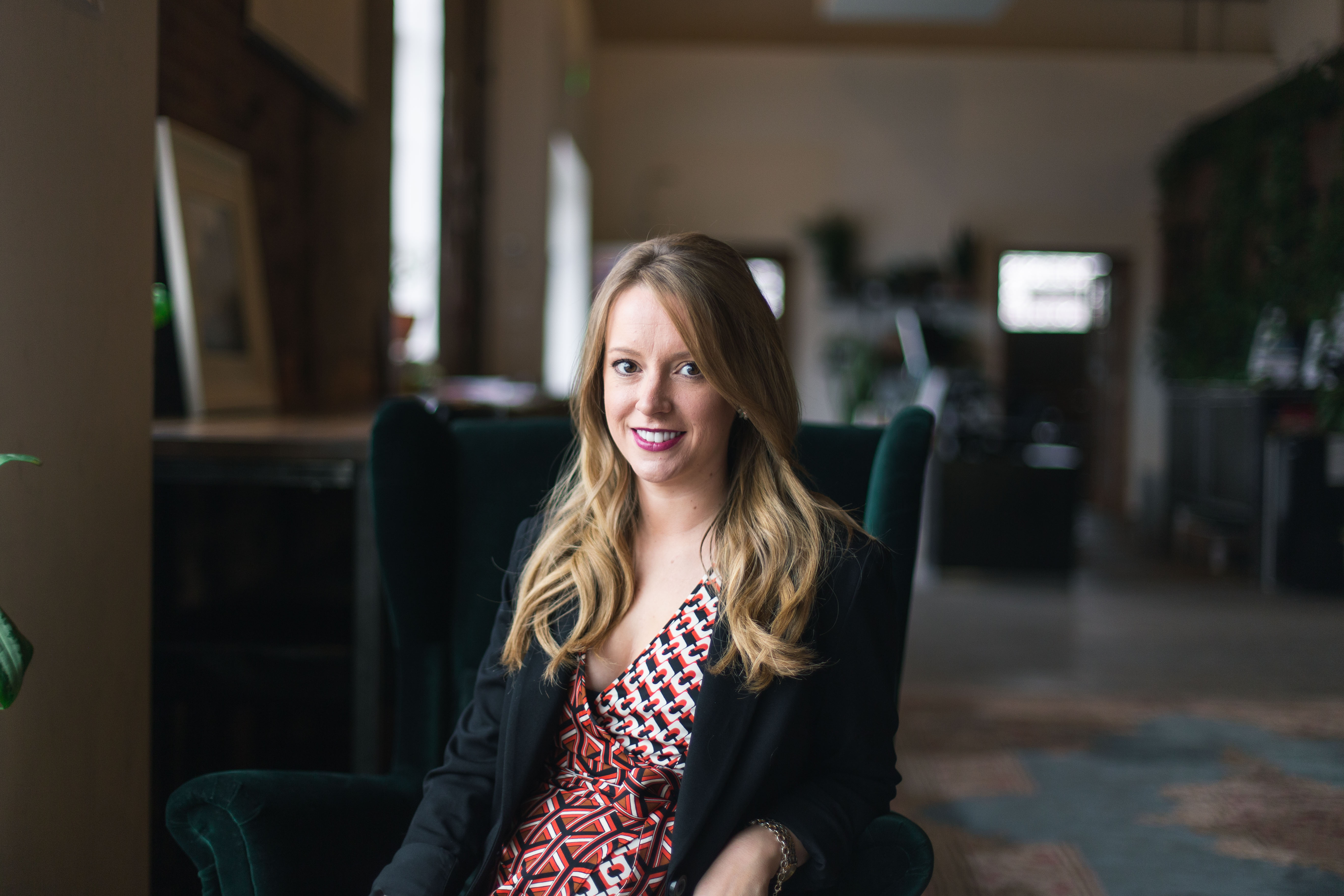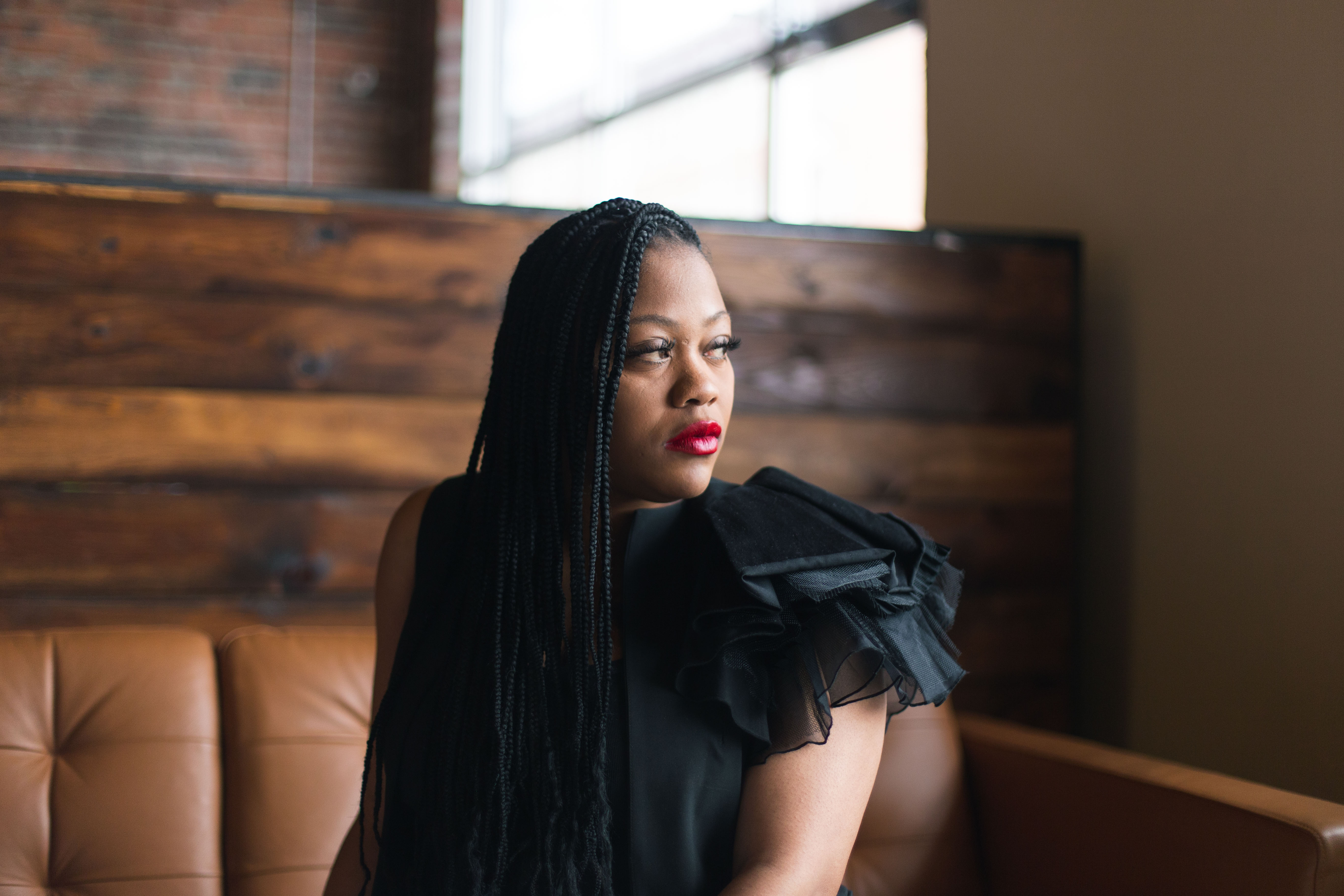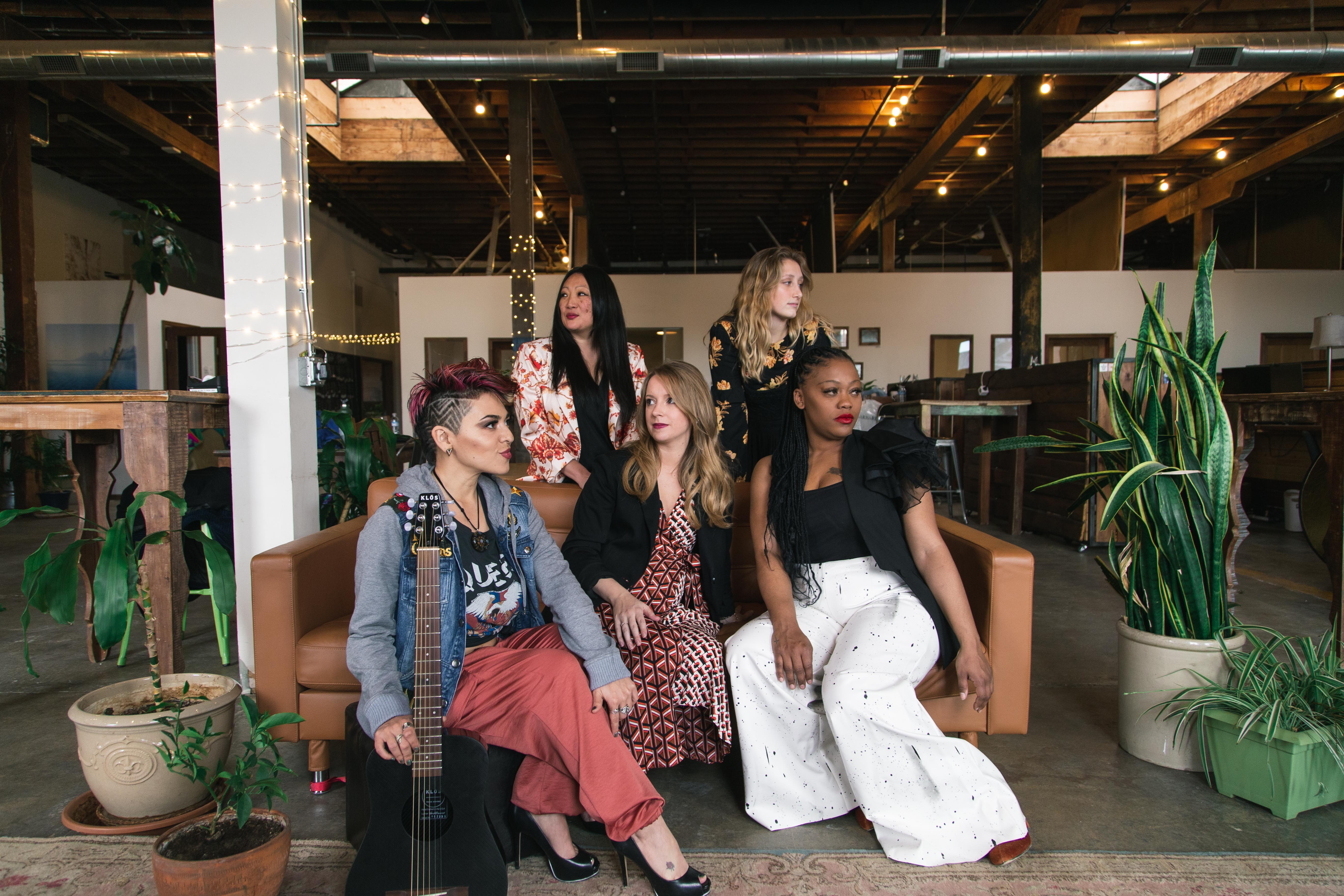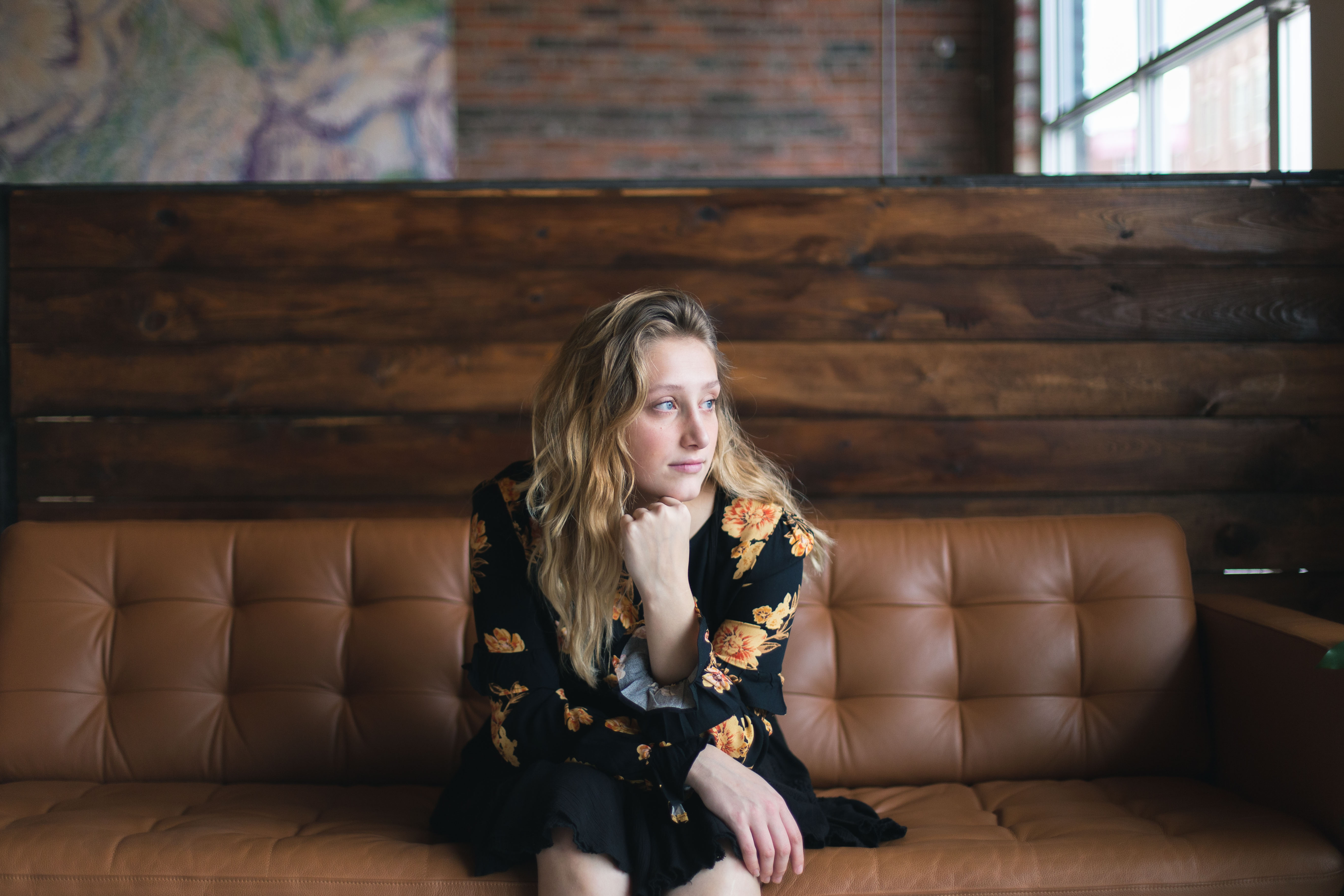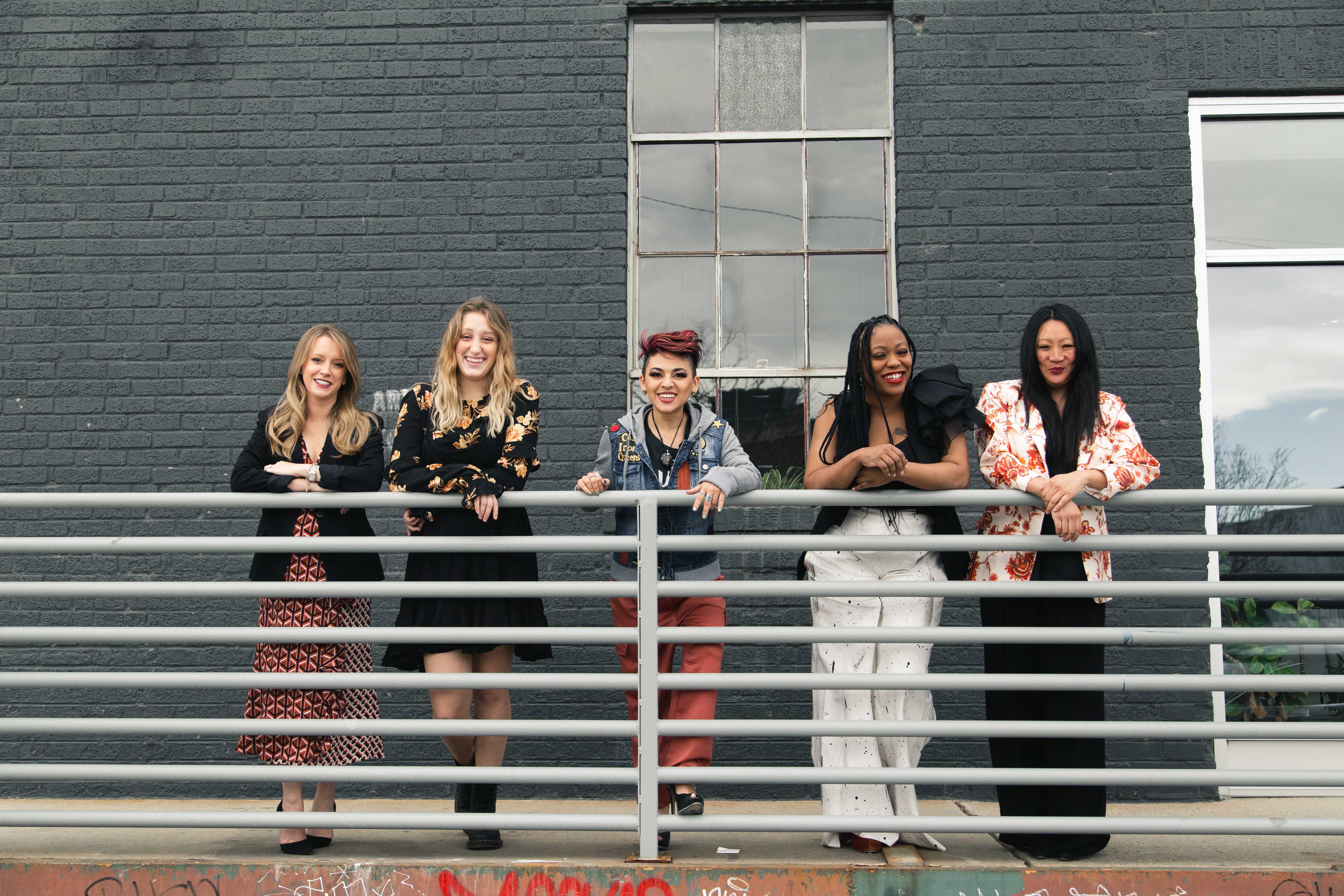First recognized in 1911, International Women’s Day is celebrated annually on March 8. This is a day that celebrates female empowerment, unity and the social and economic achievements of all women around the world. This year, the theme for International Women’s Day is #EachforEqual.
Even in a tumultuous political landscape, there is much to be celebrated even in these past few years when it comes to women’s rights. Women around the world continue to rise up and make a difference globally and the heart for change continues to beat in several generations. This Women’s Day, 303 Magazine sought out five phenomenal women in Denver who, through their varying professions, contribute to this zeitgeist of female empowerment and diversity.
Remember the Dior exhibit that graced the halls of The Denver Art Museum? Well, we have Jane Burke and her wonderful team to thank for that. Burke is the senior curatorial assistant of Textile Art and Fashion at the Denver Art Museum. Her wholesome and endearing presence brought a warmth to the room that united all women involved. Among the others, was Melissa Ivey, who is a spunky singer-songwriter whose voice choired along the walls. If you’ve ever admired the beauty of the Denver Union Station, The Crawford Hotel, The Oxford Hotel, and The Oxford Club, Spa & Salon, you’re in Tiffany Owen’s territory. Owen is the area general manager of these amazing Denver landmarks and under her leadership, The Crawford has been named Sage Hospitality’s Hotel of the Year for two years in a row.
Charlie B., the creator of The Museum for Black Girls was also present and full of talent and energy. Her recent success with the opening of the museum has been something to celebrate and has been a refreshing addition to Denver. Then at only 18-years-old is Lena Marie, a singer-songwriter who released her first EP Closing Doors this past December. Marie’s EP has already turned the heads of Indie 102.3 while curating loyal listeners. From each of their descriptions, one can tell right away how amazingly different each of these women are from each other. However, the unity and the interconnected bonds these women forged on set was the perfect example of what International Women’s Day lives on for. Join in on their conversation with 303 Magazine on womanhood, the challenges that come and their personal victories.
303 Magazine: What does womanhood mean to you?
Tiffany Owen: Individuality, independence, acceptance. It is passion that inspires us and drives us to wake up every morning to do what we do — but in heels. Womanhood is being fearless; knowing that there are going to be countless people who tell you that you can’t or may stand in your way but choosing to do it anyway. And not just making the choice but dedicating every inch of our being to keep moving forward, no matter what. That level of perseverance – that’s womanhood.
Melissa Ivey: As a two-spirit, the meaning of womanhood keeps evolving each season but the common thread is using my voice to heal seven generations past and seven generations into the future. In my mid-20s I could feel myself becoming a human who was viewed as a leader in my music community. Now in my 30s, I’m honing the role of performance artist, director and birth worker/ doula. Acting as a witness while supporting the birthing process of humans, art, and evolution.
303: How do you plan on celebrating International Women’s Day?
Melissa Ivey: My company, Ivey Productions, is getting ready for a performance piece at the Denver Art Museum. My team of talented community leaders will be celebrating the journey of women, honoring the indigenous land, and exposing the missing murdered indigenous girls and two-spirit epidemic facing the native and indigenous communities. In this political performance art piece, we hope to join voices and build a future worthy of being proud of.
Jane Burke: I like to revere women in some capacity — especially in my immediate circle via flowers, a note, a text, a meme. I remember the first time I learned about International Women’s Day, I was in a rural village in Southwestern China in the late ‘90s. Around 10 women from the village hiked up to the remote temple I was living in. I still can see their faces which were filled with joy despite all being survivors of the Cultural Revolution. To me, they still embody how and why I celebrate powerful women on this day.
303: What has been your most significant achievement and how were you able to celebrate that?
Jane Burke: Career-wise, my most recent achievement was organizing the Dior: From Paris to the World exhibition at the Denver Art Museum alongside textile art and fashion curator, Florence Müller. It took us over two years and many trips back and forth to Paris to conceptualize a presentation to fit inside the architecture of the Denver Art Museum’s Daniel Libeskind [designed] building in collaboration with New York-based architecture firm OMA. The celebrations were interwoven in the requisite hard work. For example, we spent extremely long days looking through the extensive Dior archive, but then… we were in the Dior archive seeing couture collections from John Galliano on!
Charlie B: My most significant achievement to date is creating The Museum For Black Girls! Just the joy and the love and the empowerment it brought to girls and women of color from all over Colorado was overwhelming. I’m so happy I was able to provide a space of representation and celebration that we do not get to see often and even more happy that I was able to use my art and creativity to do that.
Lena Marie: Definitely my first EP that came out in December! It was such a long process to release it all but it was so worth it. I celebrated with having an EP release gig and it was such an intimate time with the crowd, I’ll never forget it!
303: Have there been any challenges you have faced in your industry?
Tiffany Owen: The hospitality industry is definitely a male-dominated field as it relates to general managers. The majority of my counterparts are men and don’t face some of the same challenges that I do in regards to leadership and breaking down barriers with team members and ownership groups. However, I like to look at this as my advantage. The obstacles that I have overcome in relation to building strong teams and accomplishing goals came at a higher price than many of my colleagues and for that, I feel I have been able to achieve even greater results and gain more experience.
Charlie B: Of course being a woman, a minority woman at that, doesn’t always make it easy to be represented well or to book certain clients. The first black photographer literally just shot the cover of Vogue in 2018 that’s crazy! But it doesn’t stop me I keep showing up and I create my own lane so that other women can feel empowered to do what they want no matter what that is, especially my daughter teaching her that there are no limitations whether you face challenges or not.
303: How would you describe your fashion sense?
Jane Burke: My own personal fashion sense has evolved over the years. Right now, as a working mother, I lean towards minimalistic “uniform” dressing. But my taste is much more eclectic in that I am attracted to this resurgence of “handmade luxury” like the New-York based menswear brand Bode, and their “storytelling” through upcycling American vintage textiles. Mexican fashion designer Carla Fernandez is another storyteller, who collaborates with indigenous communities to re-frame traditional techniques as contemporary couture.
Melissa Ivey: As a performance artist, fashion is my love language. It’s how I express my mood, my authenticity, and how I connect to the characters I create. My grandmother Terri is the queen of all fashionistas and most of my life she has been my stylist. My great grandmother was a seamstress and made elaborate wedding gowns and handmade three-piece suits. My current fashion -“Future Native Ancestor.”
303: How has fashion impacted the way you see yourself and carry yourself?
Lena Marie: I think for a long time it made me feel really out of place. I always felt like I was never up to date on new trends and such. And then about a year ago I gave up on all of that and now I just wear whatever is comfortable and looks good to me. I am definitely a lot happier this way.
Jane Burke: Ever since I was young, fashion for me has been a language, in the same way, I used art. I was very shy growing up but extremely vocal about what I wore. If I didn’t fully like my outfit, I would physically pain me and vice versa. If I loved my outfit, I felt confident and free. I think we all possess this innate relationship with fashion whether we are conscious of it or not. I tend not to want to stand out, but use fashion on a very personal level to alter my mood every day.
303: What do you want to tell other women about self-expression?
Lena Marie: Be honest with who you are. At least for me, I still struggle with making every decision based on what other people will think. For a long time, I thought I should be writing happier music but I just don’t think that how it’s supposed to be for me. So my advice would be to never do or create anything to please others.
Charlie B: In my museum one of the first and last exhibits is our liberated lady, she stands for being free, living in your truth and doing what the hell you want because you deserve that. Don’t let anything or anyone hold you back, the way you express yourself is the way you will push through and be you.
303: What are your thoughts on how the fashion industry has grown in impacting the way female empowerment is celebrated and practiced?
Tiffany Owen: The industry has made so many strides in creating a judgment-free, inclusive environment for all of us to feel empowered and celebrated. There’s definitely room for improvement, but we’ve come a long way with brands like Zara, Aerie, and Third Love, who are paving the way for the future of the fashion industry.
Melissa Ivey: Most images I saw growing up in magazines and TV looked nothing like the women in my family or skin tones including shades of the earth that we all come in. Over the last 20 years, it’s been liberating to see the empowerment of women in music, fashion and politics. People of color in general [are] breaking boundaries to inspire future generations.
Photography by Adrienne Thomas
Assisted by Ashleigh Perri and Cheyenne Dickerson.
Styled by Jordan McClendon.
Location provided by Green Spaces.
Clothing provided by Garbarini, Rachel Marie Hurst, WINTERASH and Hailee Grace Boutique






